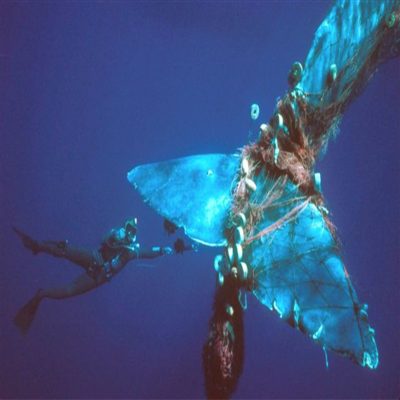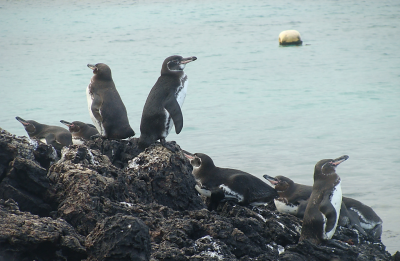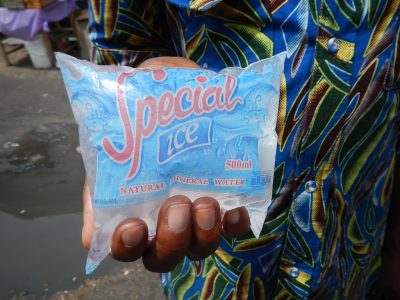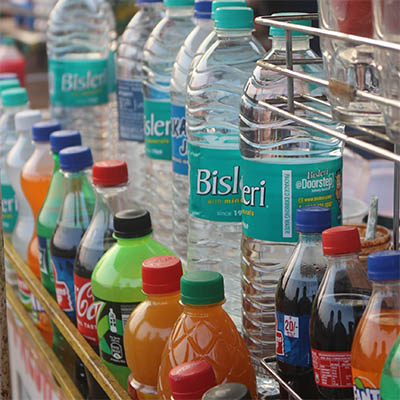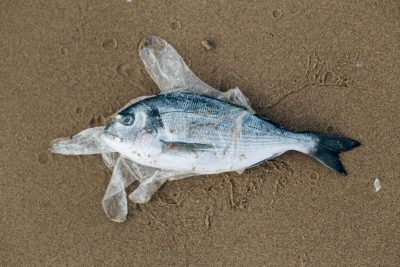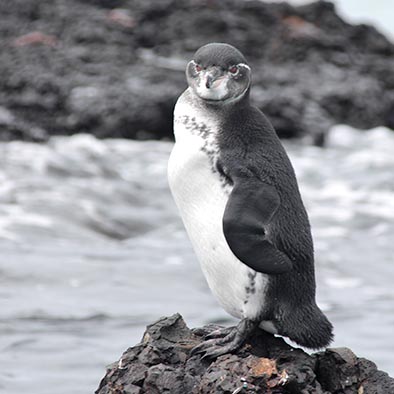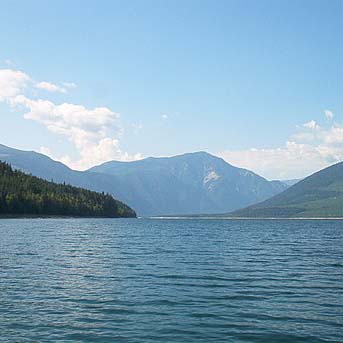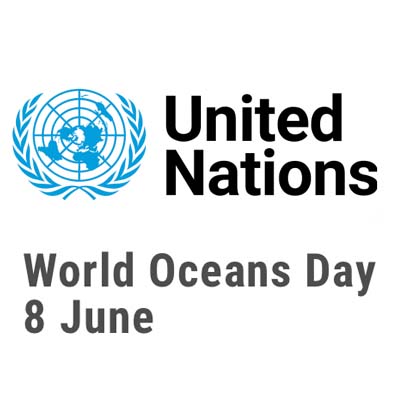Haunting the seas: the legacy of ghost gear pollution in marine environments
“Ghost gear” is a specific category of anthropogenic marine debris that contributes to the global marine plastics problem. After it becomes disconnected from its intended use, ghost gear can catch non-targeted species – such as fish, whales or other marine mammals – through by-catch or entanglement
Microplastics may be accumulating at a high rate in endangered Galápagos penguins’ food web
The model predictions showed a rapid increase in microplastic accumulation and contamination across the penguins’ prey organisms resulting in Galápagos penguin displaying the highest level of microplastics per biomass, followed by barracuda, anchovy, sardine, herring, and salema and predatory zooplankton.
From convenience to crisis: The single-use water sachet dilemma in Africa
In some African countries, the rate of single-use plastic waste is increasing. Article from the Solving FCB unit.
Tips for reducing your plastic use
Here are some clever tips on how to reduce your plastic use.
May 25 is International Plastic Free Day!
Plastic is everywhere. It’s in our oceans, coastal areas, and buried deep in the soil. It’s in our food and our water, and wreaks havoc on the natural world around us.
Darwin’s Eden awash in plastics
Penguin guano from the Galápagos is helping UBC researchers track microplastic pollution from around the globe
5 things you can do to help BC’s marine ecosystems
In the face of declining fish stocks like sockeye salmon, marine heatwaves and massive coastal die-offs, it can sometimes feel as though protecting our ocean ecosystems is a hopeless task. But there are things we can do.
World Oceans Week 2022 – Dr. Juan José Alava
Any international effort to end plastic pollution must also contend with wealth disparities between nations, according to Dr. Alava. “In some developing countries, the reality is that people survive on plastic garbage.”
